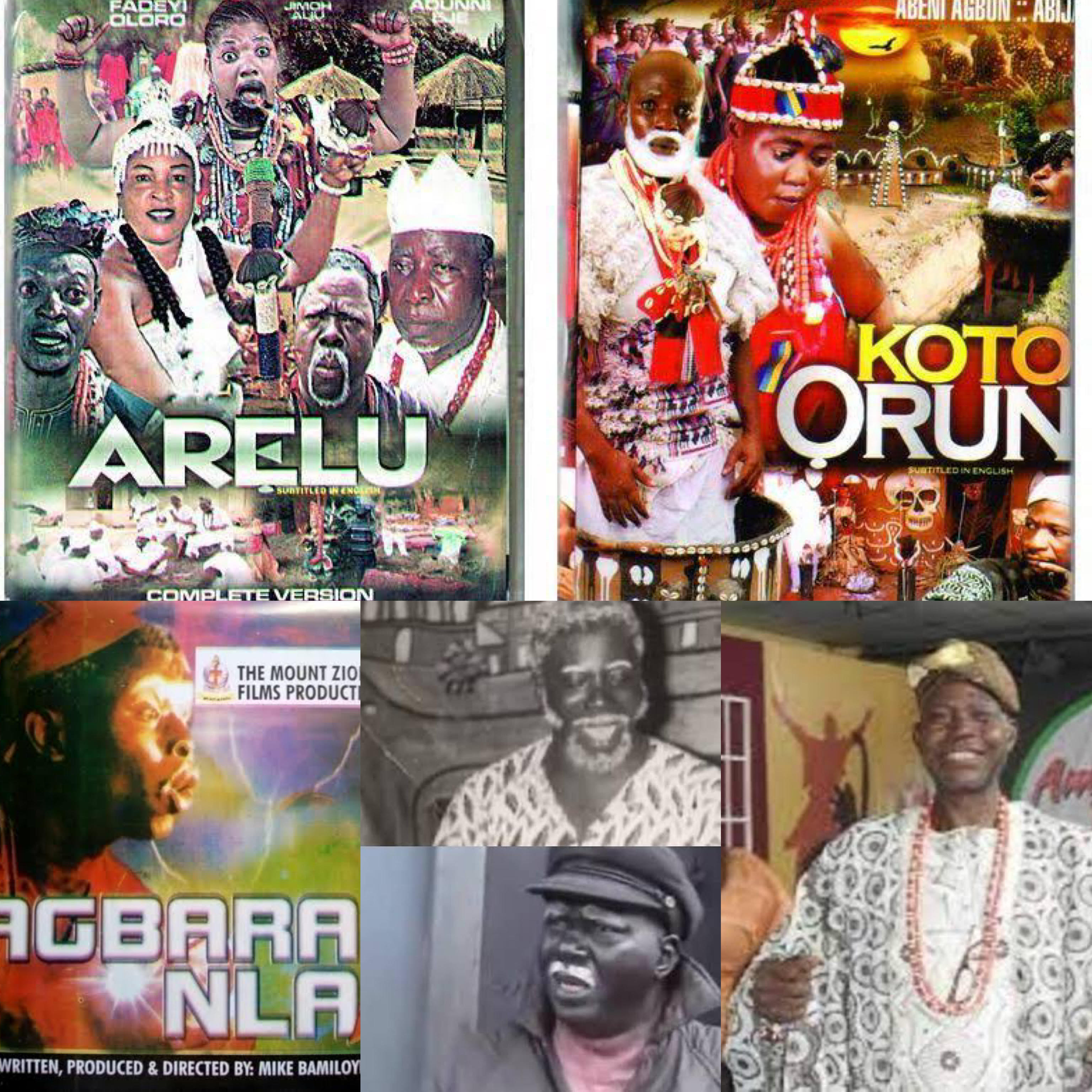The Yoruba Movie Industry: A Cultural Powerhouse in Nigerian Cinema
Nigeria’s film industry, popularly known as Nollywood, is a multi-faceted creative ecosystem that reflects the nation’s rich cultural diversity. Among its most vibrant segments is the Yoruba movie industry, which has carved out a distinct and influential identity. Deeply rooted in the Yoruba language, traditions, and folklore, this industry plays a pivotal role in preserving and promoting the Yoruba people’s cultural heritage.
Historical Development
The Yoruba movie industry has its origins in traditional theater companies that flourished across Southwestern Nigeria. Pioneers like Hubert Ogunde, Duro Ladipo, and Oyin Adejobi laid the groundwork through traveling theatre performances that were later adapted into television and film productions. By the 1990s, with the advent of home video technology, Yoruba filmmakers began producing movies that reached millions of viewers in Nigeria and the diaspora.
Language and Storytelling
One of the most defining aspects of Yoruba cinema is its use of the Yoruba language. This linguistic authenticity has enabled the industry to tell stories that speak directly to Yoruba audiences’ everyday realities, exploring themes such as family, tradition, religion, and morality. Its plots often reflect the tension between modernization and indigenous cultural values, creating a resonance that is deeply felt by its core audience.
Industry Structure and Popularity
Unlike English-language Nollywood productions that cater to a pan-Nigerian and global market, Yoruba movies are highly targeted at Yoruba speakers. Yet, their appeal transcends ethnicity due to strong subtitles and universal themes. Many of the industry’s stars — including Odunlade Adekola, Funke Akindele-Bello, and Femi Adebayo — have achieved national fame, becoming household names in African cinema.
Impact on Nigerian Cinema
The Yoruba movie industry is more than entertainment; it is a cultural powerhouse. Its success has:
Preserved Yoruba traditions by incorporating proverbs, traditional music, and customs into its storylines.
Created employment for thousands of actors, producers, marketers, and technicians.
Promoted local economies across Southwest Nigeria through film production hubs in cities like Ibadan and Abeokuta.
Inspired other regional industries in Nigeria (such as Hausa Kannywood and Igbo cinema) to tell their own stories in indigenous languages.
Contemporary Challenges and Future Prospects
Despite its successes, the Yoruba movie industry faces challenges such as piracy, limited distribution networks, and competition from online streaming platforms. However, with new investments in digital streaming and international partnerships, the industry is poised for greater growth. Platforms like YouTube, Netflix, and Amazon Prime Video have already shown interest in African stories, offering Yoruba filmmakers a new stage for their craft.
Conclusion
The Yoruba movie industry is a vital pillar of Nigerian cinema. Its emphasis on indigenous language, local culture, and grassroots engagement ensures that it will continue to thrive as a powerful voice in Nollywood. By staying true to its cultural roots and embracing innovation, the Yoruba movie industry will remain a cornerstone of African cinema for years to come.
Would you also like me to craft this into a formatted report, a presentation, or perhaps a slide deck? Let me know!

 Pitches_Official
Pitches_Official
0 comments